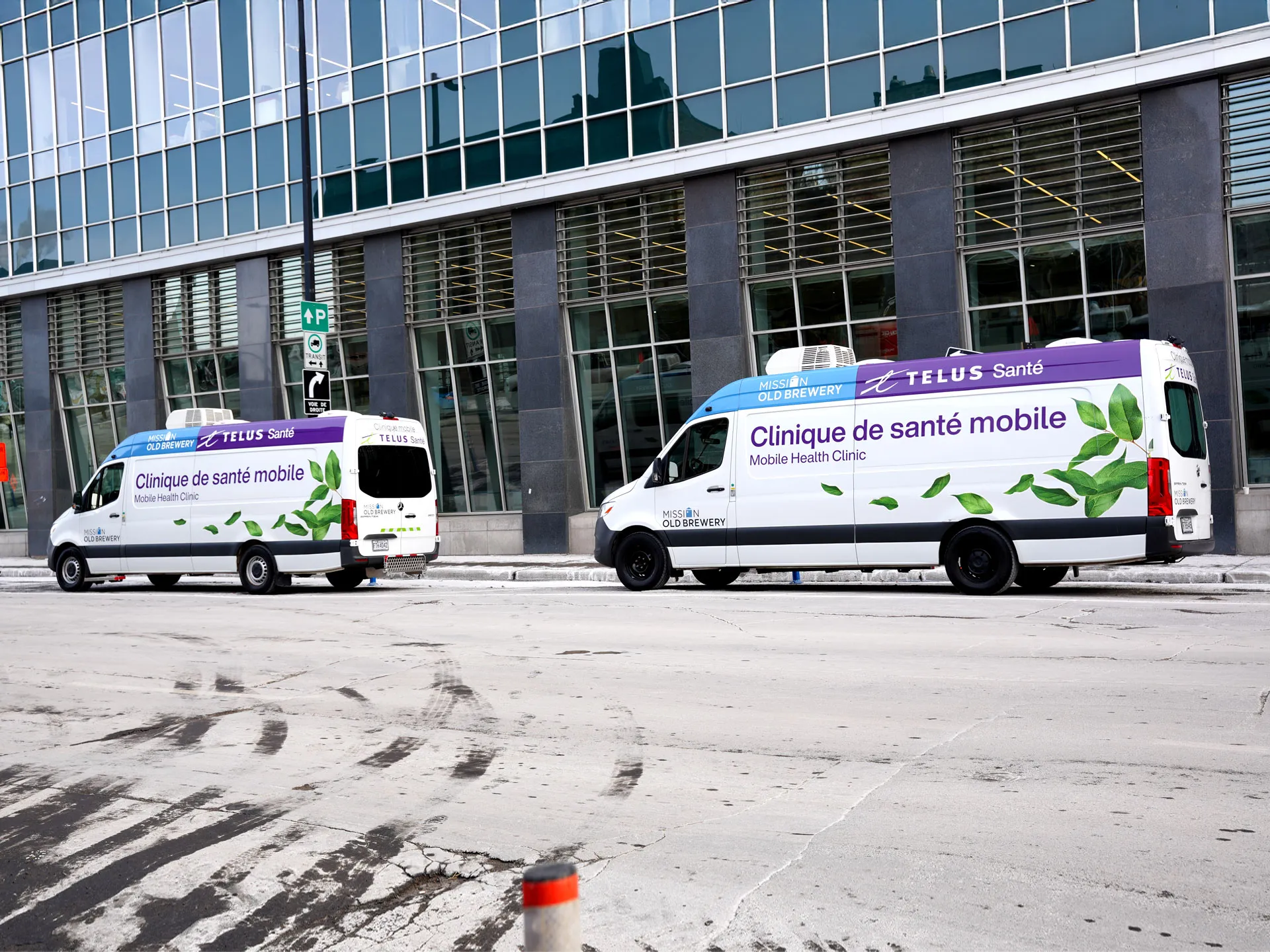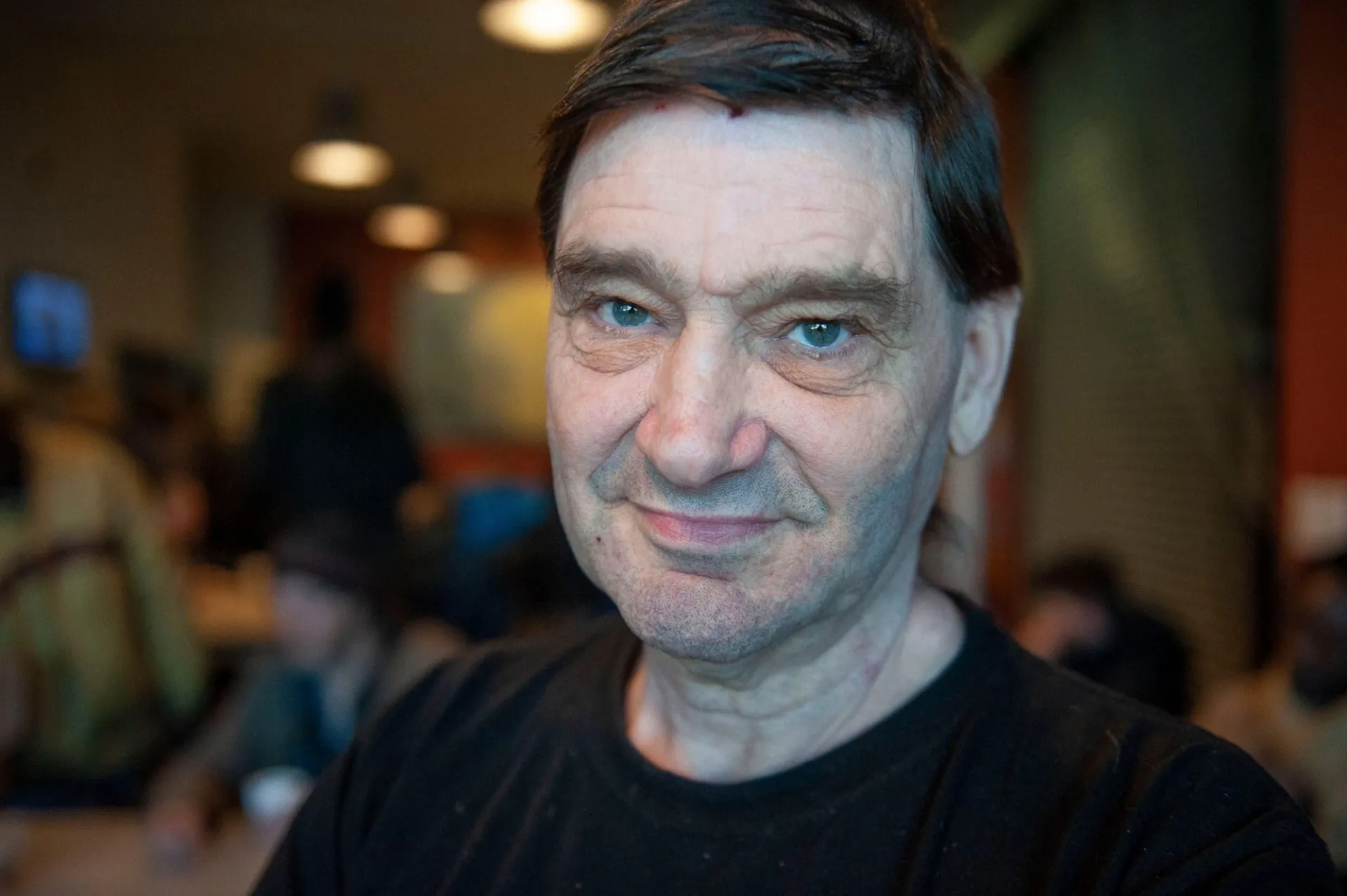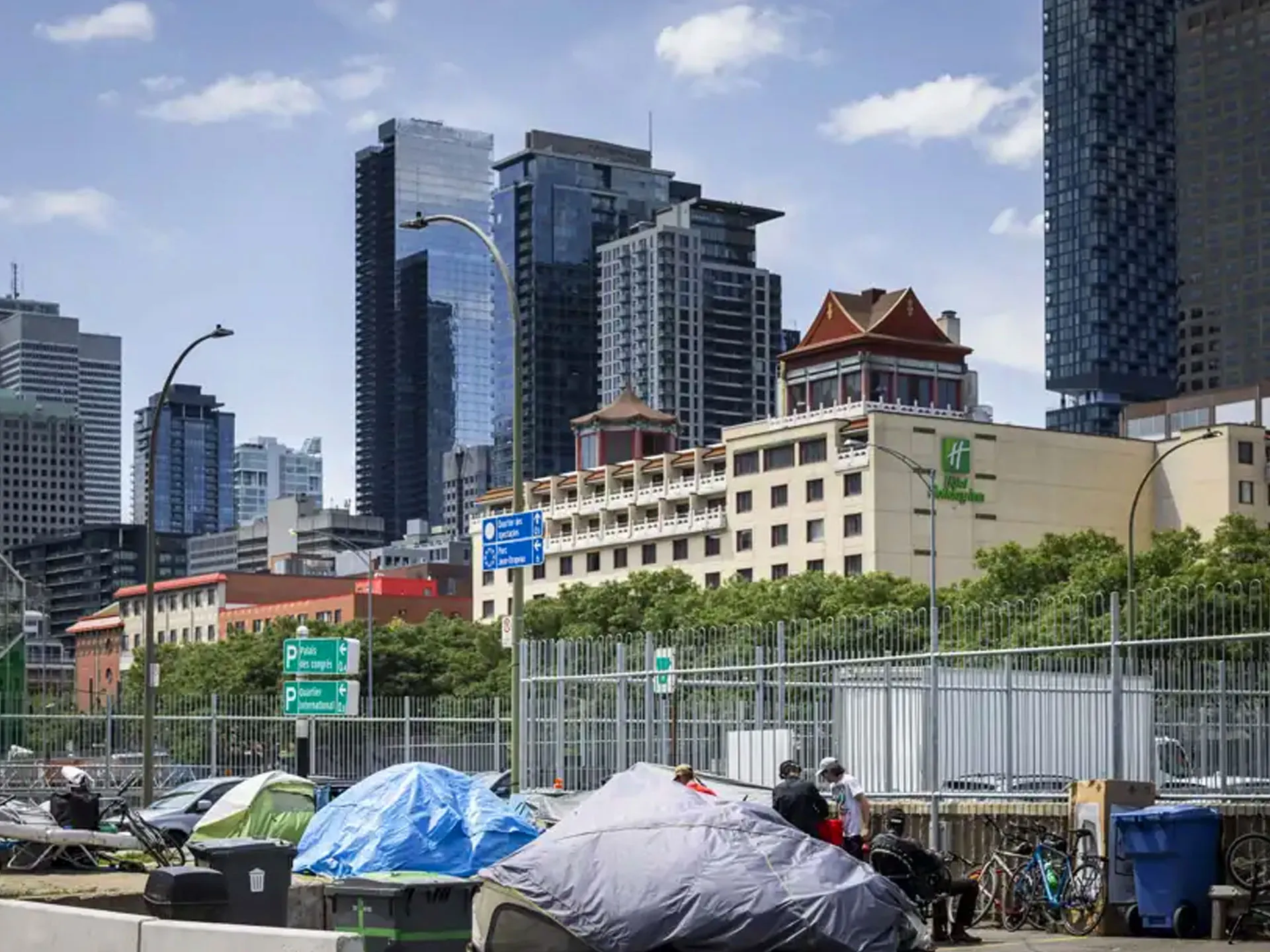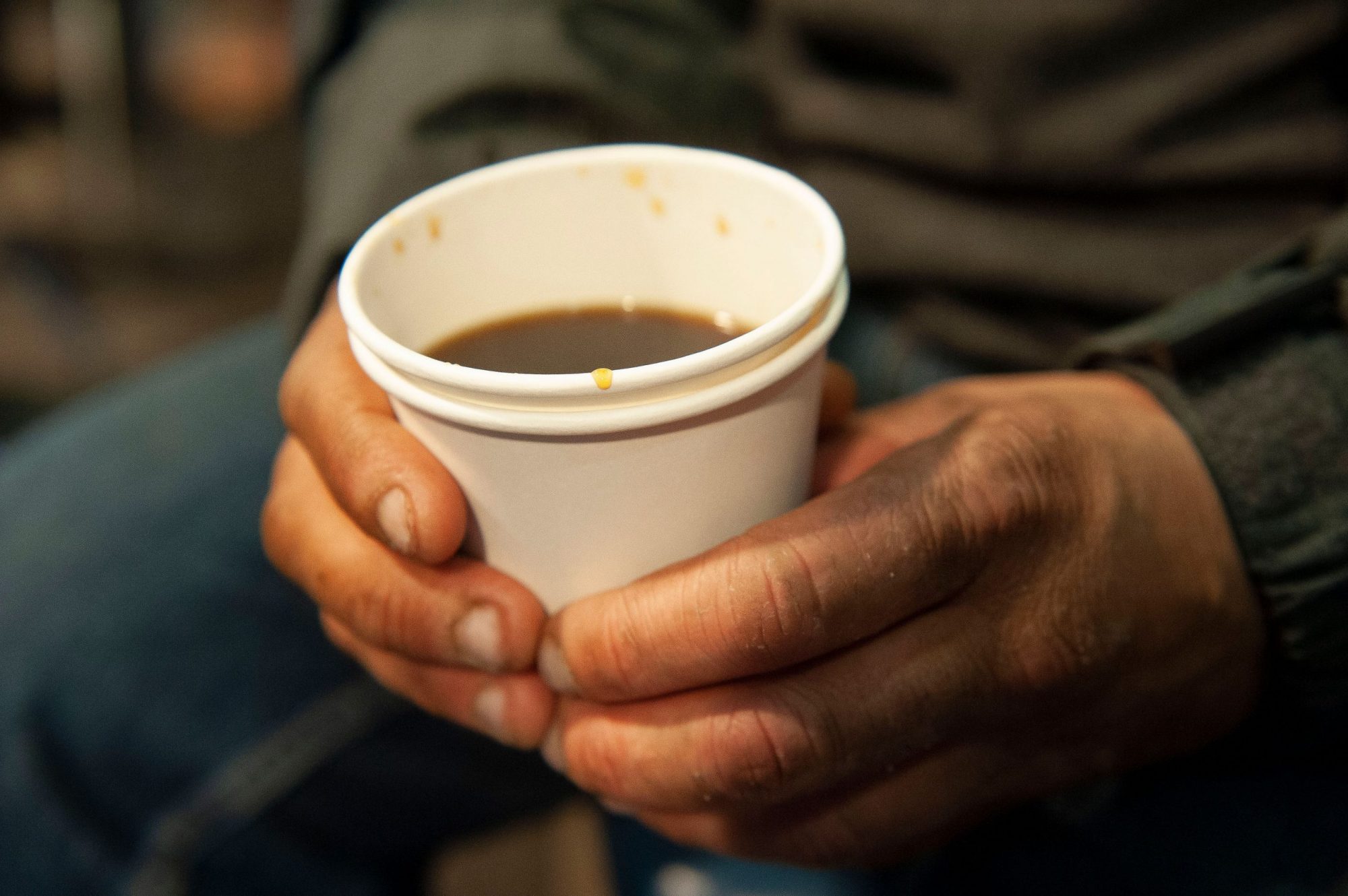
Warming Centre Research Offers Vital Insight into Program Needs

A recently released research report, the Warming Centre Report, revealed insights that will help inform the Old Brewery Mission’s current and future programming for Montreal’s most underserved homeless individuals. The report points to the need for low-barrier services as well as adapting existing homeless services for Indigenous people and people struggling with addictions.
The in-house research was conducted by our research coordinator, Hannah Brais, with the help of McGill PhD candidate, Jayne Malenfant. Data was collected in February 2020 and analyzed in the following spring and summer.
In the winter of 2020, the Old Brewery Mission partnered with St-Michael’s Mission to offer a nighttime warming centre at the Red Roof day centre. This space was available all night throughout the winter for people who preferred to spend the night in an open and accessible space with access to a cup of hot coffee and a bowl of soup, over a traditional shelter bed. For many it was a stopover before getting on our shuttle to the Royal Victoria Overflow shelter.
Since many of the people frequenting the warming centre do not typically access the Mission’s regular services, the Research Department sought to better understand who was accessing this service and what their needs are. Hannah Brais conducted interviews with 22 individuals accessing the warming centre:
- 17 were men; four were women; one person identified as two-spirit
- Ages ranged from 29 to 82; the median age was 45, and the average age was 44.5
- Six participants were from Montreal, eight were from Quebec (outside Montreal), six were from the rest of Canada and two were from outside of Canada
- 50% of participants self-represented as Indigenous. Of this group, two were Naskapi or Innu, three were Inuit, two were Anishinaabe, one was Cree, two were Mi’kmaq and one individual did not know their community of origin.
Key Insights
Hannah’s interviews with these individuals led to several key findings:
- When not spending the night at the warming centre, 36% indicated that they sleep in an emergency shelter, while 41% said they slept outside or ‘roughed it’
- 41% of participants felt that the warming centre should be open at night all year round, regardless of weather conditions
Many participants said that the warming centre was more than a temporary stopover place for them and offered important services and a sense of community. For many, this space is the most important service they access.
In the same spirit, many individuals highlighted the need for ongoing and increased low barrier services (services where there are few rules or restrictions) as well as increased harm-reduction services (for example safe injection sites) in Montreal
- 59% of study participants self-identified as having an addiction, with 41% of all participants self-identifying as alcoholic
- Several participants indicated having many difficult interactions with police officers or security guards, sharing that they often felt profiled for being homeless or being of a visible minority
- Half of the participants indicated a need or desire for permanent housing, as opposed to continuing to access centres and shelters
- Half of the individuals interviewed self-identified as Indigenous and made valuable recommendations towards adapting existing homeless services for Indigenous people, including:
- Including culturally relevant programming in homeless services (for example, healing circles and drumming)
- Including Indigenous sensitivity training for homelessness service staff
- Increasing Indigenous front-line staff within homelessness services
Since 2010 the Mission has maintained an in-house research department, focused on creating a data-driven culture within our services. We believe ending homelessness means seeking out best practices and evaluating our programming for optimal results.
The Warming Centre report is the second in-house program evaluation conducted by the research department. The findings presented have been key to informing the Mission’s current and future programming for Montreal’s most underserved homeless individuals.
To support our efforts and help homeless people stay safe this winter, make a donation today, or join our team!
Read the press release about our winter emergency measures (PDF)
Dernières nouvelles
-
 The Old Brewery Mission and TELUS Health for Good launch second mobile
The Old Brewery Mission and TELUS Health for Good launch second mobile -
 Homelessness in the downtown core: We must house, care and innovate
Homelessness in the downtown core: We must house, care and innovate -
 Meet Jean-François Dagenais, Vice President of Finance, IT and Facilities
Meet Jean-François Dagenais, Vice President of Finance, IT and Facilities -
 Old Brewery Mission unveils new employer brand
Old Brewery Mission unveils new employer brand -
 Another resounding success for the Ken Reed Golf Tournament: $334,091 raised for the Old Brewery Mission!
Another resounding success for the Ken Reed Golf Tournament: $334,091 raised for the Old Brewery Mission! - See all news
